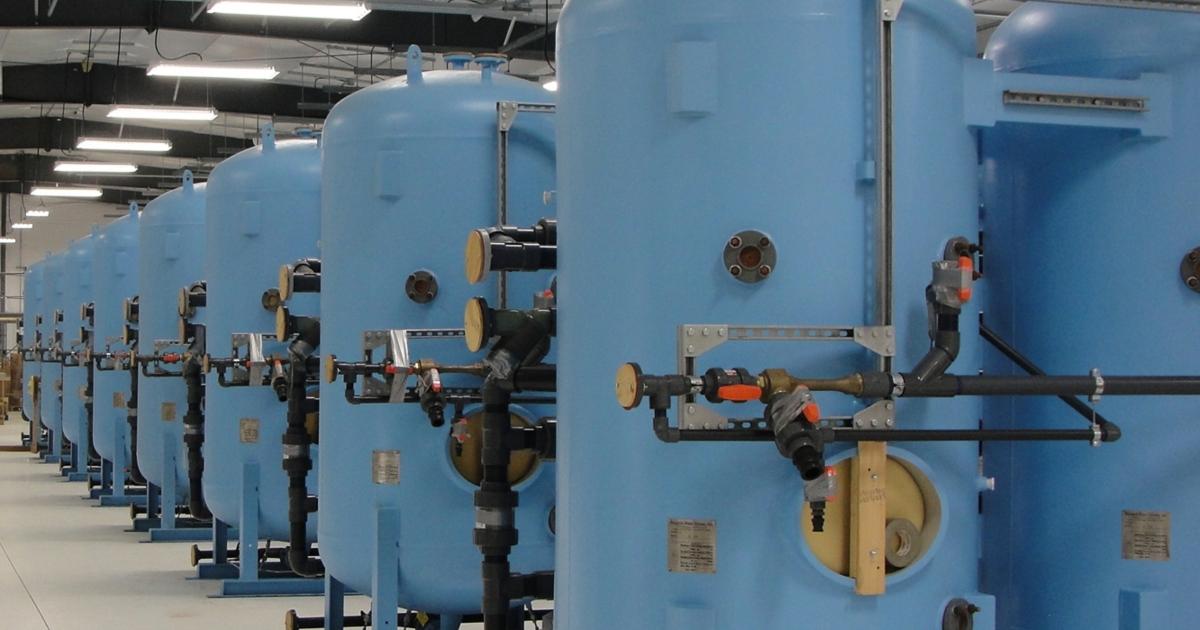Global groundwater supplies are under increasing pressure. The impacts of over-exploitation and pollution are often exacerbated by unstable or changing weather patterns due to climate change. Coastal areas can be especially vulnerable, and potentially also at risk of saltwater intrusion. Securing freshwater supplies and preventing groundwater pollution are European Union priorities, and effective water governance is urgently required, particularly in areas already under stress.
Traditional water governance focusses on addressing administrative and technical issues with top-down, state-centred interventions. However a socio-ecological perspective, incorporating environmental and socio-cultural factors is also important in governance. This perspective supports the development of ‘adaptive governance’ models combining stakeholder participation with scientific knowledge and continuous learning to develop resilient, case-specific solutions.
To explore these approaches, international researchers led by the Desertification Research Centre and funded by the EU’s PRIMA initiative, established a series of ‘living labs’ in water-stressed locations around the Mediterranean. Living labs are hubs for research and innovation that foster collaboration and co-creation of solutions among citizens, governments, industry, academia and other relevant stakeholders. This study used a socio-ecological approach to examine living lab experiences in four locations: Arborea (Italy), Malia (Greece), Wadi El Bey (Tunisia) and Erdemli (Türkiye).
They found severe environmental problems at all the locations. In Arborea, nitrate pollution in water is high despite strict rules on fertilizer use, which farmers claim are costly. Malia faces risks from both nitrates and saltwater contamination. In Erdemli, groundwater levels are dropping fast due to farming, tourism and drought. People in Wadi El Bey face health risks from wells with unsafe levels of nitrates, and there are also threats to biodiversity in local wetlands. All these problems have led to local conflicts and tensions.
The researchers assessed each location using a framework grouping 20 individual factors into four dimensions: environment, institutions and policies, science-policy-public interface, and social equity. By using data collected and modelled, interviews with stakeholders, reviews of scientific literature and workshops, they scored each factor on a scale of 1 (highly negative) to 5 (highly positive):
Arborea (Italy): 3.9 overall, with a high of 4.4 for institutions and policies and a low of 3.3 for environment.Malia (EL): 3.5 overall, with a high of 4.4 for institutions and policies and a low of 2.0 for environment.Wadi El Bey (Tunisia): 2.5 overall, with a high of 3.0 for institutions and policies and a low of 1.5 for environment.Erdemli (Türkiye): 2.3 overall, with a high of 2.8 for policy and institutions and a low of 1.8 for environment.
While there were some strong scores relating to institutions and policies, environmental scores were low. The research suggests that even robust formal governance structures are failing to deliver effective sustainable groundwater management, so the key to success could be in social and scientific outreach. There were some clear commonalities around what brought the best results:
Where communities have strong local organization, solutions work better. In Arborea, a strong dairy cooperative saw farmers and scientists work together to create forested areas to clean groundwater and recycle nutrients from animal waste. Where community groups lacked funds and autonomy, such as in Erdemli and Wadi El Bey, solutions tended to be top-down and less effective.Bringing people together leads to effective learning. In Malia, locals were involved in water modelling and could see the benefits of mixing groundwater with surface water, changing opinions. Involving Wadi El Bey residents in water monitoring led to an agreement on wastewater treatment and using recycled water.Social fairness matters. Where women, local groups and small farmers were involved, people tended to come up with more creative accepted solutions. In Tunisia and Turkey, where such groups were often sidelined, attempts to effectively manage local water struggled due to conflict and power imbalances.
Beyond rules and infrastructure, the living labs in the present study made clear that cultural and social capital is an important factor in improving outcomes in water-stressed areas, and several of the approaches highlighted by the work have since been incorporated into governance. The research presents compelling evidence of the impact of building trust at local level, by widening participation in decision-making and focussing on fairness.
Source:
Ceseracciu, C., Nguyen, T. P. L., Deriu, R., Branca, G., Vozinaki, A.-E. K., Karatzas, G. P., Mellah, T., Akrout, H., Yıldırım, Ü., Kurt, M. A., Jomaa, S., Carletti, A. and Roggero,. P. (2025) Innovative governance for sustainable management of Mediterranean coastal aquifers: Evidence from Sustain‐COAST living labs. Environmental Science & Policy 167:104038. https://doi.org/10.1016/j.envsci.2025.104038
